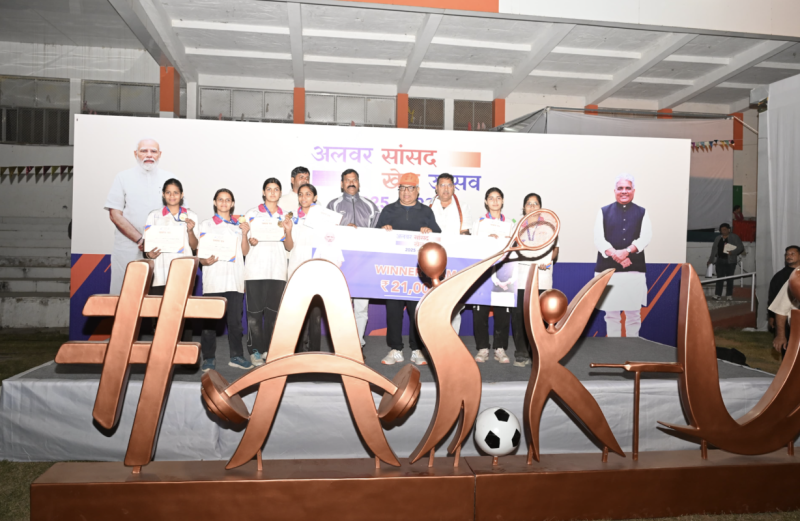Global football clashes, including high-stakes friendlies, propel India's nascent sports wagering industry toward explosive growth, with transaction volumes eyeing Rs 1 lakh crore by fiscal 2026.
The buzz around matches pitting South American powerhouses against African contenders underscores rising fan engagement. Betting platforms report a 50% uptick in wagers during such events, mirroring global trends where friendlies generate $21 billion in annual activity, as noted in economic ministry analyses. In India, legalized online betting since 2023 has formalized a market previously underground, channeling revenues into taxes and regulation.
Market dynamics favor digital platforms. Users, predominantly urban males aged 25-40, place average bets of Rs 500 per game, per platform data. This segment's disposable income rise—up 12% year-on-year—fuels participation, with football accounting for 40% of sports bets. Economic implications extend to job creation: the sector employs 2 lakh directly, from tech developers to compliance officers, boosting IT and fintech ecosystems.
Policy frameworks shape this evolution. The 2025 amendments to gaming laws impose 28% GST on gross gaming revenue, projected to yield Rs 15,000 crore in collections. This funds sports infrastructure, including academies in Tier-2 cities, fostering grassroots talent. Regulators emphasize responsible gaming, with self-exclusion tools reducing addiction risks by 20%, per industry audits.
Innovation drives accessibility. AI-powered odds algorithms adjust in real-time, enhancing user trust and retention. Mobile apps, integrated with UPI, process 70% of transactions, lowering barriers for rural bettors. This tech infusion attracts venture capital: Rs 5,000 crore invested in 2025 alone, per venture reports, spurring startups in predictive analytics.
Consumer trends highlight diversification. Beyond match outcomes—where favorites like Brazil command -310 odds—bettors explore props like goal scorers, diversifying risk. This mirrors a 30% shift toward skill-based wagering, appealing to analytical youth. Economic analysis shows a multiplier effect: every Rs 100 betted generates Rs 2.50 in ancillary spending on streaming and merchandise.
Challenges include illicit operators evading taxes, estimated at 20% of the market. Stricter KYC norms aim to curb this, potentially formalizing an additional Rs 20,000 crore. Internationally, such events boost broadcaster ad revenues by 25%, with Indian firms securing rights for Rs 1,200 crore annually.
The sector's GDP contribution hits 0.5%, up from 0.2% in 2024, supporting 5 lakh indirect jobs in media and logistics. As friendlies like this draw 10 million Indian viewers, they catalyze a virtuous cycle: heightened engagement lifts sponsorships, funding league expansions.


